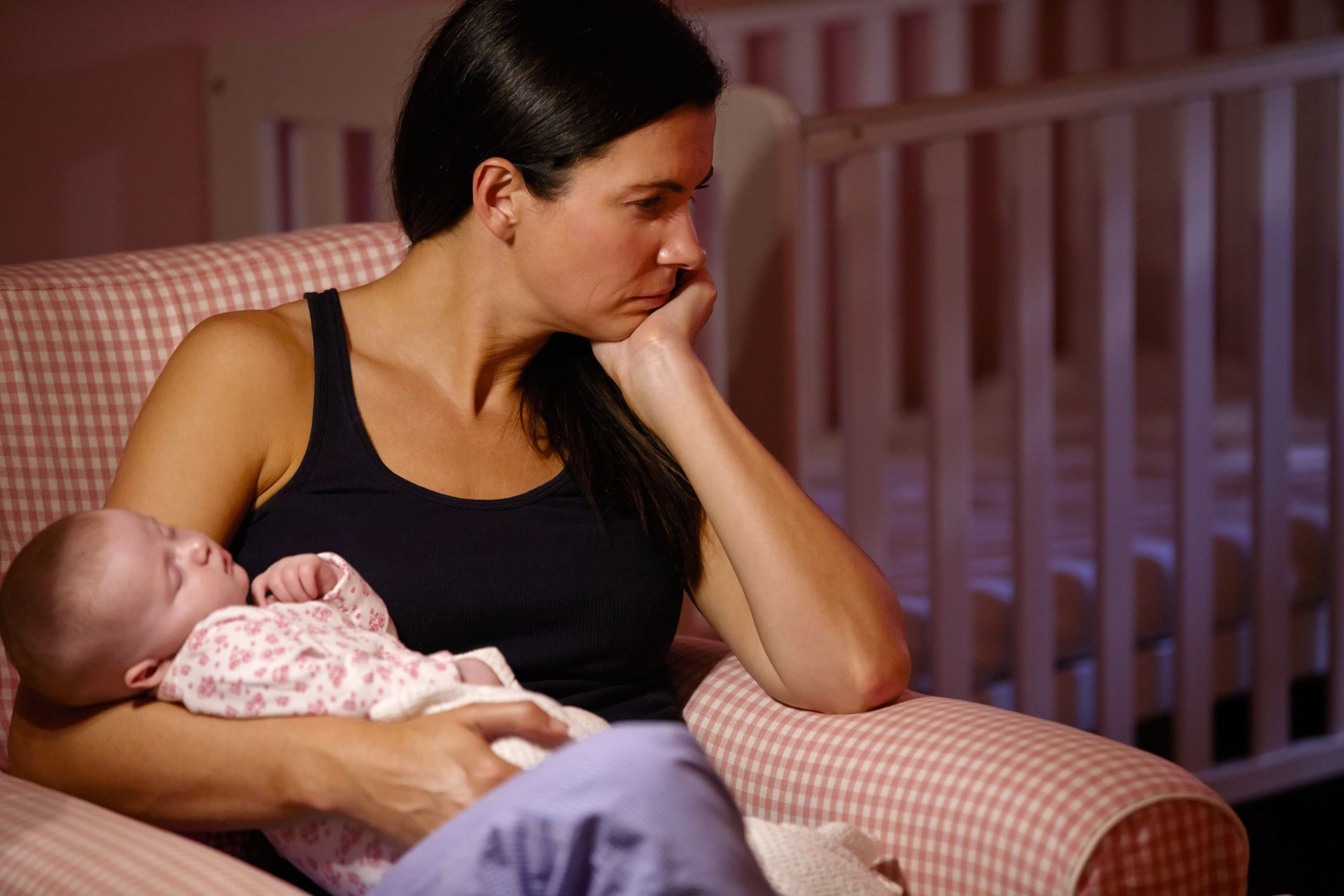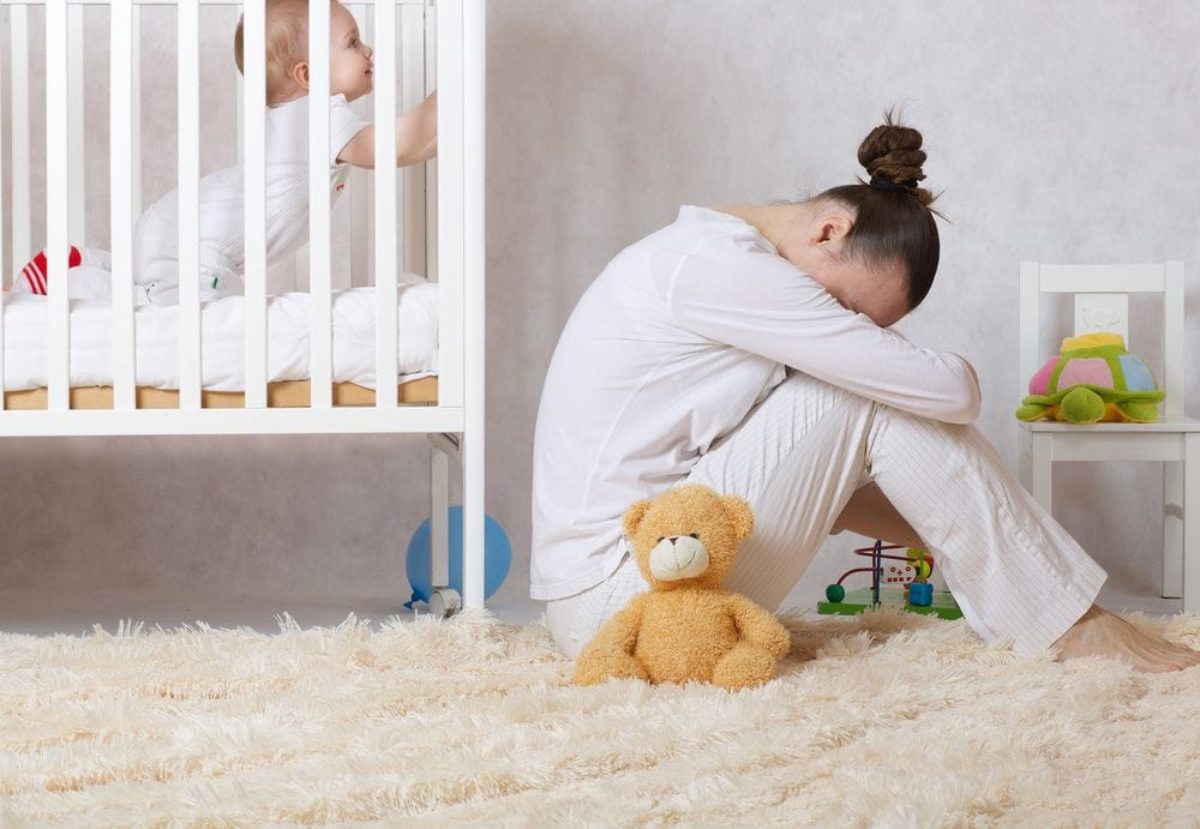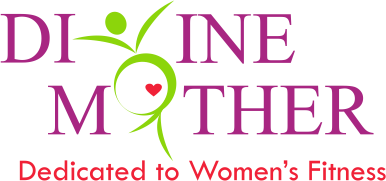
- June 7, 2022
- Comments: 0
- Posted by: Dr. Anushri Shah
In case you are a new mom struggling to cope with your overwhelming feelings after welcoming your child, you are not alone. Although your newest member will undoubtedly make you smile with its chirping and babbling, the early days of parenting may look overwhelming. You may be grumpy or upset about everything around you, but you have nothing to be concerned about. It’s absolutely normal to feel this way. Keep reading to know much more about the causes and treatment of postpartum depression. Having a child is a life-changing event. Being a parent is thrilling, but it can also be exhausting and intimidating. It’s natural to feel anxious or unsure, especially if you’re a first-time parent. It is usually characterized by feelings of deep loneliness, frequent sobbing & along with mood swings. Postpartum depression (PPD) is a kind of depression that occurs following childbirth. Postpartum depression affects more than simply the individual who gives birth. It can also have an impact on surrogates and adoptees. After having a kid, people go through hormonal, physical, emotional, economical, and social changes. These alterations might result in postpartum depression symptoms. If you are suffering from postpartum depression, remember that you are not lonely and depressed. It’s not your root cause, and support is available. Your healthcare professional can help you control your discomfort and feel much better. Postpartum Depression (PPD) symptoms may include: Some people are ashamed of their symptoms or believe they are bad parents for feeling this way. Postpartum depression is a very prevalent condition. You are not the only one who feels this way, so it does not imply that you are a horrible person. You’ll be OK if you contact the correct person and keep active with postpartum fitness programs or whatever therapy your doctor suggests. More study is needed to identify the relationship between the quick decline in hormones after birth and depression. Estrogen and progesterone levels rise threefold during pregnancy but fall precipitously after birth. By three days postpartum, these hormone levels have returned to pre-pregnancy levels. In addition to these biological changes, having a baby causes psychological and emotional changes that raise your risk of postpartum depression. There are many types of changes that may occur in your life, such as physical changes to your body, sleep problems, parenting worries, and relationship changes. In order to treat postpartum depression, your symptoms must be assessed and treated according to their severity. Treatment options include anti-anxiety or antidepressant medications, counseling, and engagement in support groups like post delivery fitness programs. Undertaking pregnancy yoga and exercises on a daily basis can help with depression, especially postpartum depression. Begin with a gentle workout routine. Even a 10-minute workout can help you overcome stress. Many women encounter that participating in a postpartum fitness program helps them overcome depression, anxiousness, and exhaustion even though continuing on a healthy track. When you enroll in a Divine Mother postpartum fitness program, you join a community of other expectant mothers. In certain respects, this small group may quickly become an important element of your pregnancy support network. These other mothers and mothers-to-be will experience similar changes and hardships as you, and it’s reassuring to know you’re not alone even helping you to get overcome a difficult phase. 
What is Postpartum Depression?
Symptoms of Postpartum Depression?

Causes of Postpartum Depression?
Treatment of Postpartum Depression
Joining Postpartum Fitness Program May…

